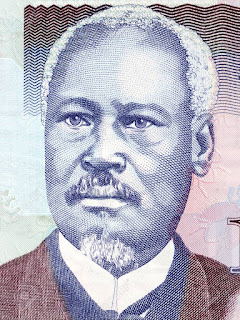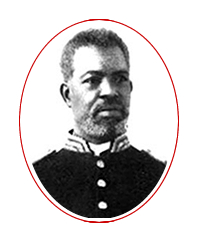Job Opportunity at USA ( testimony of a witness)
Job Opportunity at USA ( testimony of a witness)
Charleroi, this village in Pennsylvania that welcomes our professionals who have emigrated to the USA.
It is no secret that young Haitians are fleeing without hesitation from the deteriorating situation in Haiti. The United States, a dream destination accompanied by adventures, welcomes thousands of our compatriots. Whether they are thousands who have crossed the 225 km of the Darien Gap and traveled through all of Central America to reach Mexico and ultimately the United States. Whether they are tens of thousands who have been admitted through the Humanitarian Program established by the Department of State in January 2023; the destiny of immigrants remains uncertain and frightening. Upon arrival in the USA, the American dream begins with work. Immigrants, with the goal of taking care of themselves and their families, are faced with the major challenge: finding a small job while waiting for a work permit.
This process is very slow, depending on the backlog of USCIS and the status and process initiated by the applicants. Thus, we find ourselves in Charleroi, a small neighborhood in Washington County, Pittsburgh, Pennsylvania. Charleroi consists of an inclusive atmosphere. This neighborhood, which was practically empty a decade ago, now brings together hundreds of our compatriots. In the hills of Charleroi, one can feel the freshness of the Monongahela River in summer and the overwhelming snow in winter and spring. This is a shock for Hispaniolan nationals. However, let's not jump to conclusions, it is also an adventure of opportunities and personal development. We meet Jean Baptiste, Pierre-Louis. Jean-Baptiste Pierre-Louis is a graduate in law from Quisqueya University. After his studies, he worked as a social sciences teacher in several secondary schools. Jean Baptiste faced serious financial obstacles and couldn't support his family.
He closed his eyes to his future in Haiti, went to the airport and left for Brazil after the country's lockdown in 2019. He spent two years in Brazil, where he found Nadia Joseph. Brazil was very welcoming, Jean-Baptiste tells us. Upon arrival in Brazil, I easily found work and my documents. I started taking care of my family; I helped my younger brother, who had just finished his accounting studies, join me in Brazil. The two of us take care of our sisters and parents in Haiti. In 2021, my friends started making their way to the United States and I decided to follow them. Jean Baptiste and his family crossed approximately 10 borders between Latin and Central American countries to reach their final destination, the United States of America. Upon arrival in the United States, Jean Baptiste and his family are welcomed by an aunt of Nadia's who resides in Florida; "Life was harsh with Aunt Edithe," he tells us. That's when a friend who was with me during the journey to the United States told me about this small job in Charleroi. Aunt Edithe lent us money for plane tickets. That's how we arrived in Pittsburgh. The agency sent a car to pick us up, offered us housing and work. I came to Charleroi without a penny. My friend bought us food and I started working the day after the orientation. The job wasn't easy. I am a lawyer by profession and I found myself working in a cold room at 40 Fahrenheit, standing for hours in unbearable cold. I cried, the young Haitian lawyer recounts. However, when the paycheck arrives... I smiled, he continues, while laughing. I was moved and finally realized that the American dream exists. I have never made as much money in two weeks, neither in Haiti nor in Brazil, confirms Jean Baptiste. They quickly offered me a promotion and now I work in Quality Control. Like Jean Baptiste, about a hundred Haitian professionals gather in Charleroi.
Moreover, there are bold Haitian entrepreneurs taking advantage of the situation. The Haitian entrepreneurs in Charleroi own houses, restaurants, cars, stores, etc. Just like Jean Baptiste, they ended up in Charleroi without any documents and with an uncertain destiny. Brave and resilient, they have established themselves and enriched Washington County. They are important for the economy of the County, as Fourth Street Food has become the largest employer in the district thanks to the participation of the Haitian community. However, despite this significant presence of Haitians in the County, there is no noticeable form of organization or pressure group for the causes of the Haitian community in the County. What will be the future of this community that has a significant impact on the social and economic life of Charleroi?
The names in this story have been changed for private matters.

.png)





Commentaires
Publier un commentaire